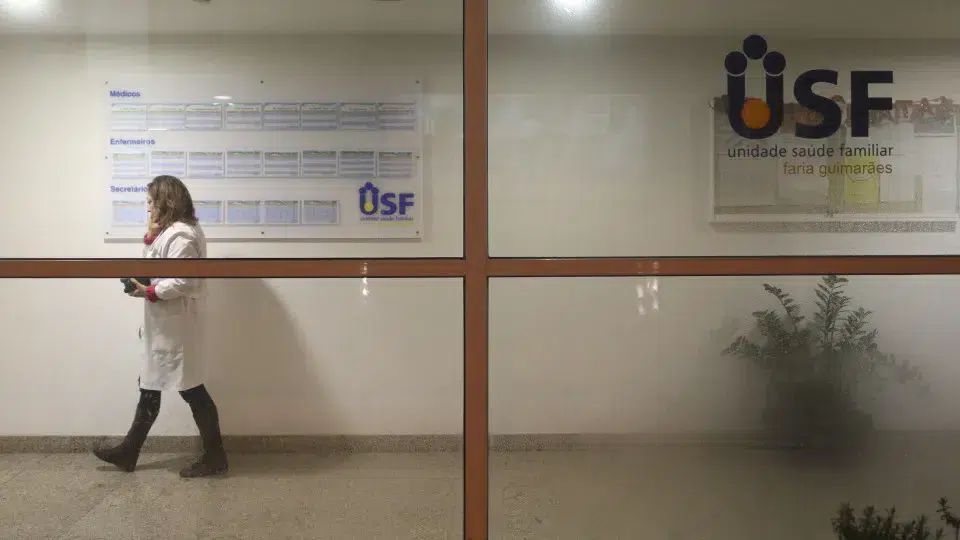
A study conducted by the Associação Nacional das Unidades de Saúde Familiares (USF-AN), which surveyed coordinators from 538 Family Health Units (USF) between July and September, reveals that only 27.2% support the reform leading to the creation of the 39 Local Health Units (ULS – integrating hospitals and health centers), although this skepticism is lower than last year.
Regarding alternative scenarios, despite broad disagreement with their creation, 67.1% prefer maintaining the ULS model, but with two separate areas and the same level of autonomy.
“What we have seen over these nearly two years of implementing the local health units is that they were not prepared to incorporate primary health care,” stated the president of USF-AN to Lusa.
André Biscaia explained that a “hospital culture” structure continued, combined with primary health care, “without proper preparation and effort to accommodate a reality that is entirely different.”
“A hospital cannot be managed like primary health care, and vice versa,” he asserted.
With the ULS reform, he said, there has been “a destabilization of support systems for USF and primary health care,” a role previously carried out by the former Regional Health Administrations (ARS).
Before the reform, there were “regional support teams” with the Health Centre Groups (ACeS) focused on supporting primary health care activities, but with the ULS implementation, “that ceased to exist,” he lamented.
“The ULS were created (…) hastily and without minimal preparation,” said André Biscaia, exemplifying: “In the first months, USF did not even know how to process salaries.”
The official highlighted the need for better health care integration, noting that one-third of ULS “do not even have an articulation manual.”
The study emphasizes a stance previously expressed by the USF-AN regarding the ULS reform, pointing out that it is occurring “at varying paces across the country,” from full model consolidation to the existence of “diffuse ULS with no visible impact on teams and populations.”
Satisfaction with the ULS decreases in USF located in areas of higher population density.
Despite the creation of the ULS – intended to better coordinate primary and hospital care – USF state that coordination with hospitals remains “one of the greatest weaknesses,” though slightly improved compared to 2024.
The study indicates that most health centers are in favor of measures that relieve USF of administrative/repetitive tasks and establish specialized responses, such as driving license certificate centers (95.4% in agreement), medical support teams for nursing homes (85.1%), and acute incident response centers (79%).
There is also support for screening centers for cancer (colorectal, breast, and cervical) with dedicated teams (72.0%), individual/temporary follow-up teams for unregistered USF patients (78.2%), and the creation of a professional pool to cover absences longer than two weeks at the ULS level (88.7%).
The collected data indicates a record number of applications for new USF, and if all materialize this year, an additional 300,000 patients will have a family health team.
As of December 31, 2023, there were 55 Health Centre Groups (ACeS), which merged into 39 ULS.
Currently – as of October 12 – there are 695 USF (665 in 2024), 256 Personalized Health Care Units (UCSP), and 298 Community Care Units (UCC).
This evolution particularly highlights the increase in the number of model B USF (performance-based payment), rising from 348 to 665.




